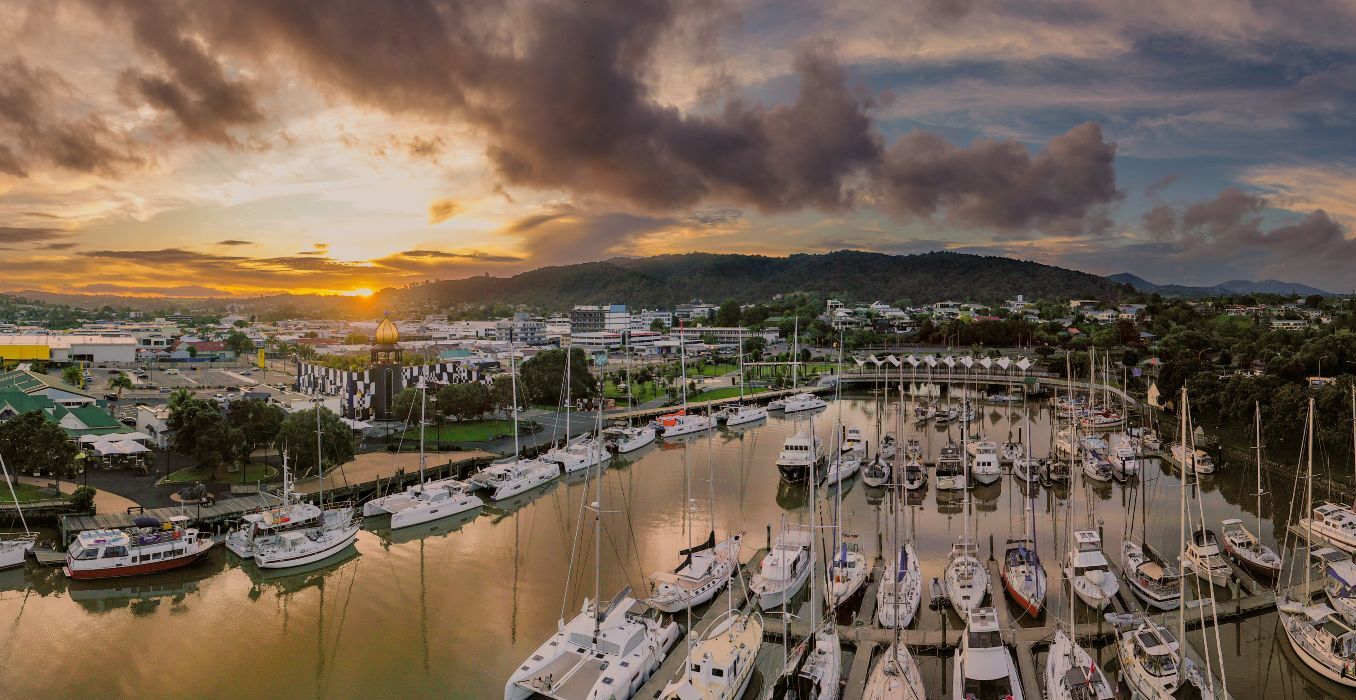
Commercial -
Bayleys bolsters its presence in Whangārei and Northland
Already the dominant real estate agency north of Auckland, Bayleys has demonstrated its commitment to the commercial and industrial market with the appointment of two new brokers to its Whangārei-based sales and leasing team.
Bayleys in the North commercial and industrial director, Ben Clare says the firm has wanted to establish an even greater market share in Whangārei off the back of growth potential it sees in the wider Northland region.
“To this end, our leading broker and associate director Henry Napier recently moved from Warkworth to Whangārei to drive the commercial team, and we’ve now welcomed two of the region’s best-performing agents to our growing business.
“Nigel Ingham and Daniel Sloper have proven and outstanding track records in commercial and industrial sales and leasing and having them on our team is a win for our wider office network – and our clients.”
Ingham’s commercial real estate career started in 1998 with another agency in the South Auckland industrial market, before he relocated to East China to grow that firm’s industrial business. Attaining considerable success in a foreign market, Nigel can speak, read and write Mandarin. This meshes well with Bayleys’ broader global partnership with real estate heavyweights Knight Frank, who have a compelling presence in the Asia-Pacific market.
Sloper is a born and bred Whangārei local who had a diverse career in the Royal New Zealand Navy before attaining Bachelor of Business degree with a major in property through Massey University. First opting to home his real estate skills as a valuer, Sloper has since racked up a creditable reputation as a commercial broker in the Whangārei market.
Committed to leveraging the power of the Bayleys brand to consolidate a high-performing commercial and industrial sales and leasing team in Whangārei and the Northland market, Clare says there’s identified untapped opportunity and arguably, the region is undervalued.
“Whangārei is a surprisingly big market already, but investors and owner-occupiers are waking up to the potential in Northland – including Kerikeri, Bay of Islands, Kaitāia and Kaikohe – and recognising the value it offers.
“The Auckland market remains constrained with pressures on land availability and costs, challenges around supply and demand of existing buildings, and regulatory hurdles.
“The further the motorway goes north, the greater the growth that will follow and we’re confident that Whangārei and Northland have scope to offer something that other markets can’t.”
Clare acknowledges that there have been infrastructural challenges in Northland, but with the government focused on business growth, it is hoped that there will be a concerted plan to build greater resilience into the Northland roading network which will only heighten the appeal of the region.
“Connectivity equals opportunity and encouraging people to live, work and play in the north will be dependent on making it easier to access.
“While expansion of Northport’s commercial operations is still under discussion, the first cruise ships docked at Marsden Point last summer and that is laden with opportunity for the local business community.
“Far North Holdings Limited remains active in the community housing market, broader investment by iwi is significant, and the councils in Northland are committed to working together and advocating to optimise future growth opportunities and strengthen the regional economy.”
Clare says changing ways of working, and new outlooks on life post-pandemic have opened up the Whangārei and Northland markets as viable options for families and business owners.
“The pandemic years showed that many people had tired of the big cities and a drift to the smaller regions followed. That dynamic is still evidenced in Northland, with people relocating for better lifestyles and work-life balance.
“Owner-occupiers who do not need to be based in Auckland can find true value in the North, and investors will find that returns are attractive.
“There is a shortage of prime stock in Whangārei and the wider Northland region, however it is expected that as the smart money pushes north beyond Auckland, the development sector will respond with new development.”